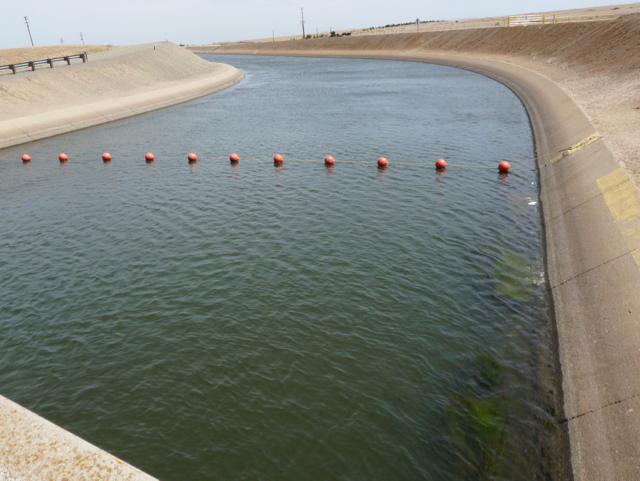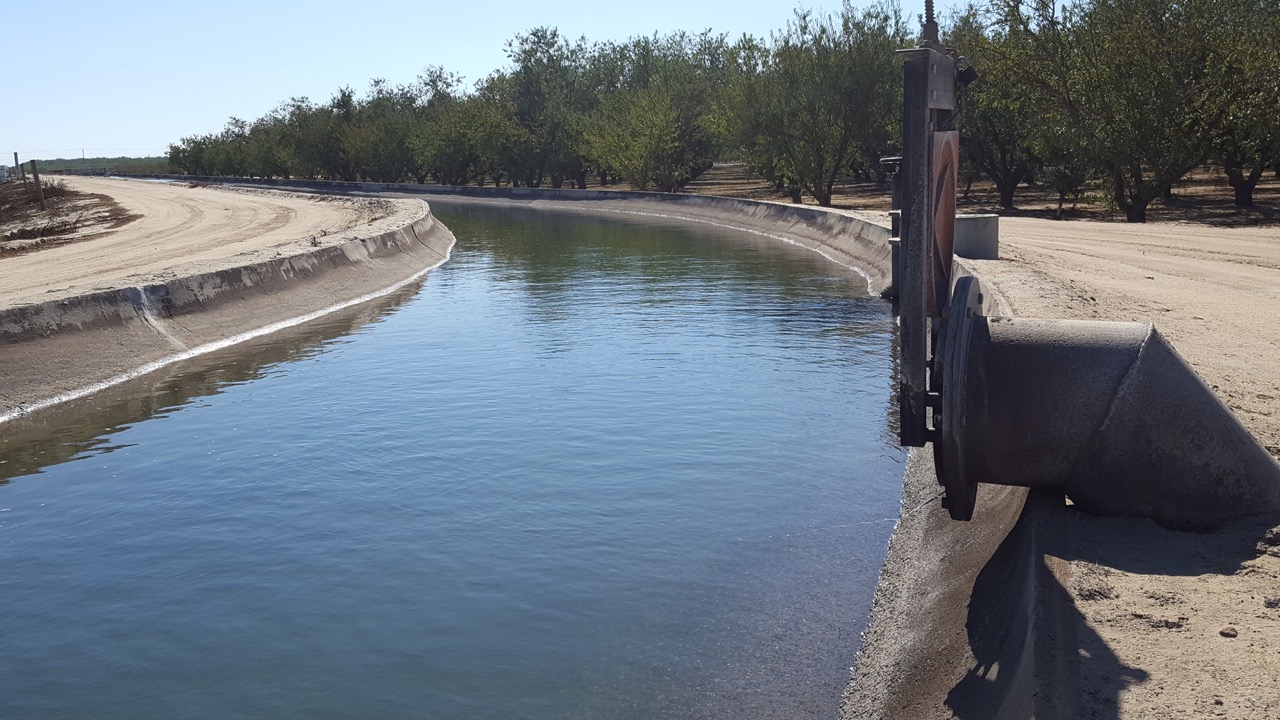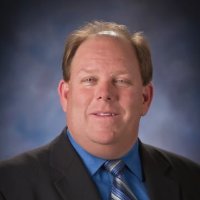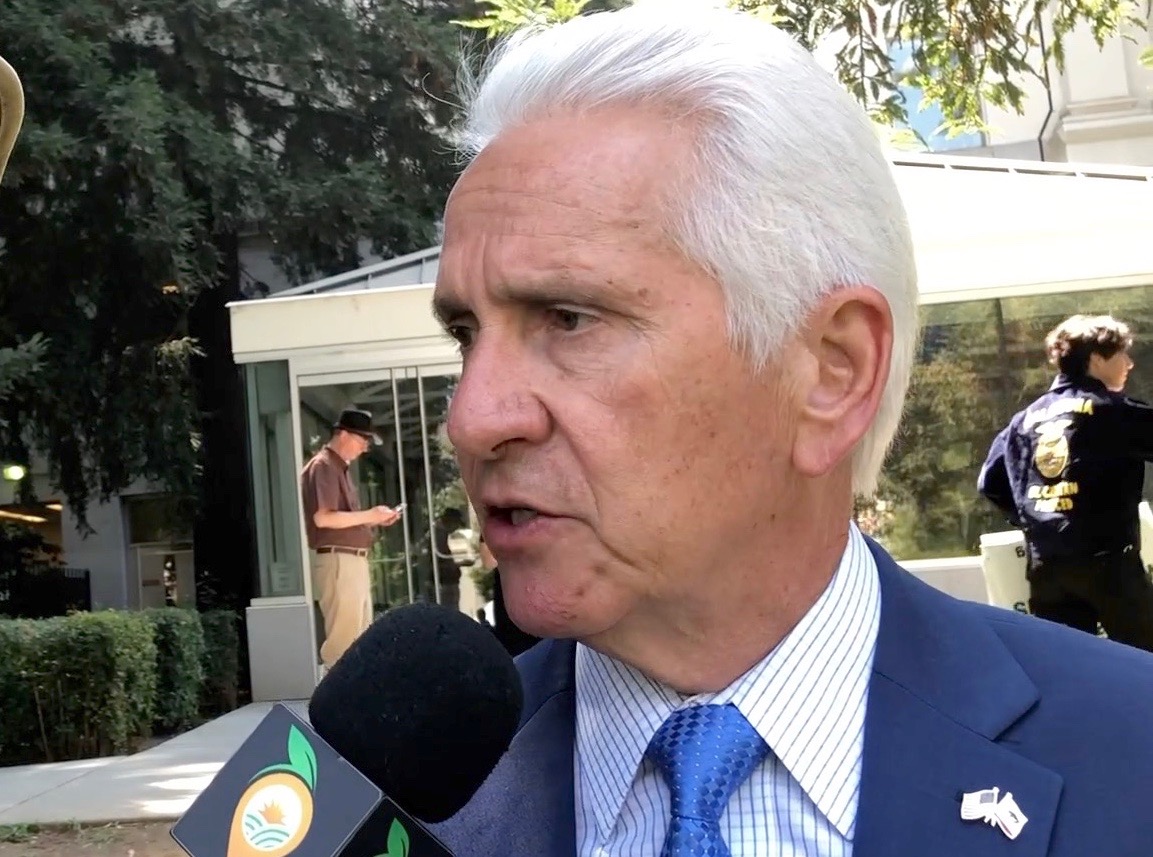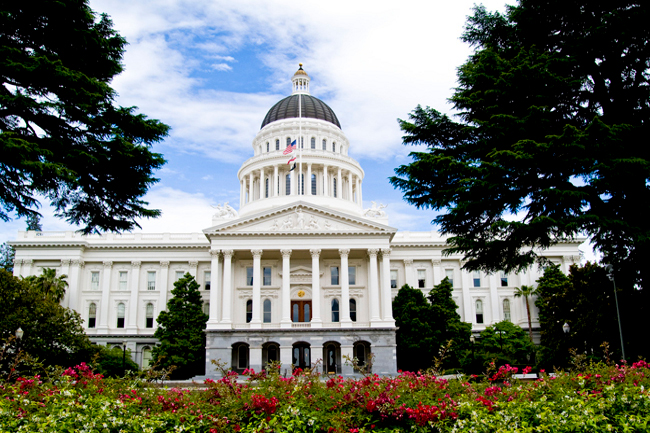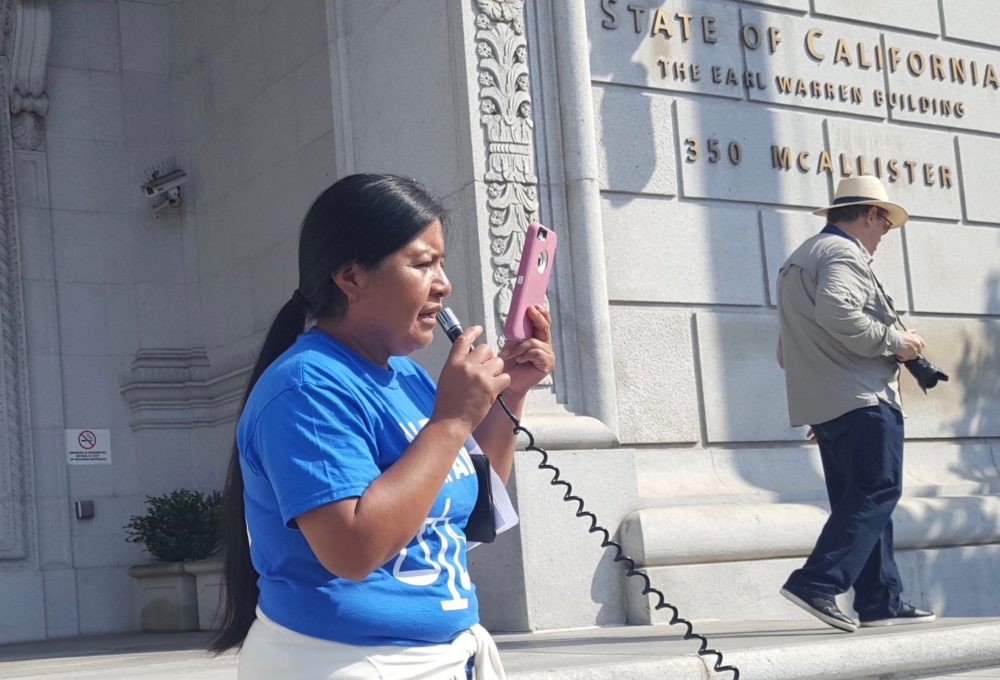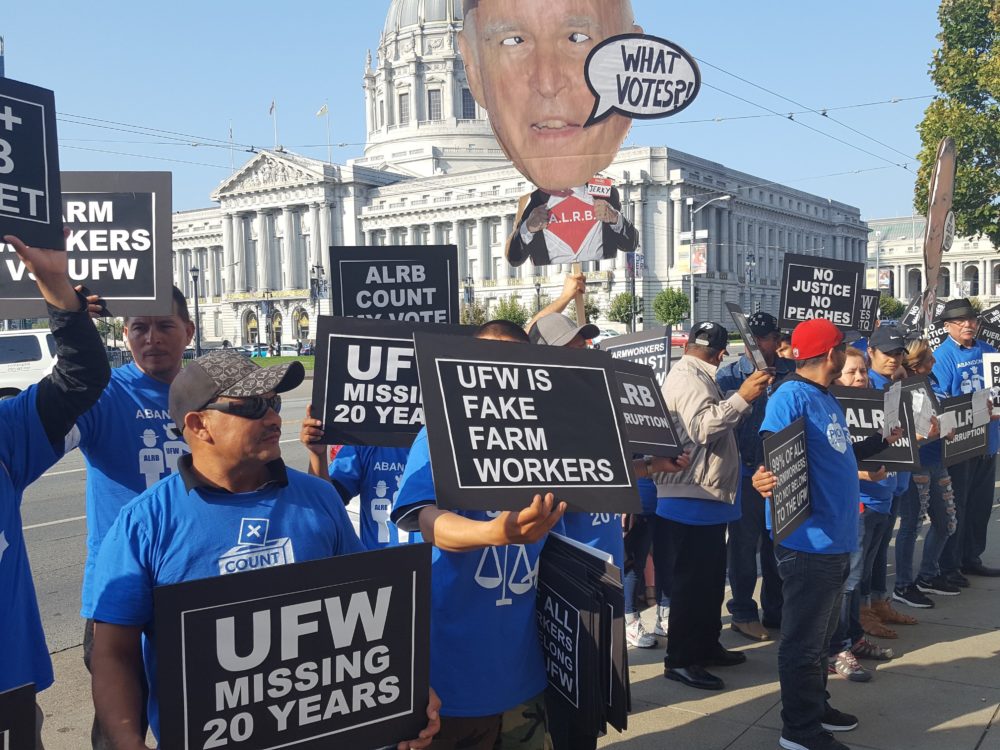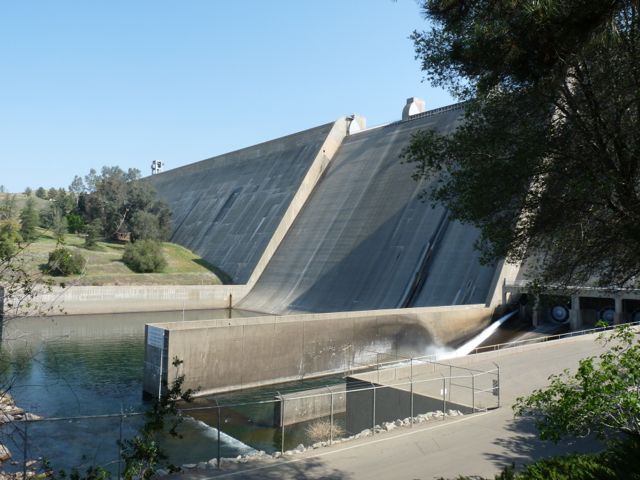Action Needed to Amend SB1
Urge your Representatives to AMEND SB 1
From California Citrus Mutual
This week the Assembly will consider Senate Bill 1 by Senate Pro Tem Toni Atkins.
SB 1 proposes dangerous changes to how the state implements the Endangered Species Act (ESA) and will have devastating impacts on how water is managed in California.
The bill seeks to preserve environmental regulations against perceived rollbacks by the Trump Administration by empowering state agencies to immediately adopt the “baseline” standard in place before January 19, 2017 (the day before President Trump was inaugurated).
As currently written, SB 1 would lock in the existing biological opinions that determine how much water must flow out of the Delta to protect native fish species. This directly influences how much water is available to ALL water users south of the Delta.
The State and Federal agencies are currently in the process of updating the biological opinions, which will result in lower flows and more water for communities and agriculture. But, by locking in the existing biological opinions, SB 1 prohibits State from using the best available science to manage how water moves through the Delta.
Recent amendments do not go far enough to address the ESA provisions.
California Citrus Mutual and many other agricultural and business-sector groups have proposed constructive amendments to address these concerns. The Pro Tem’s office, however, did not make substantive changes to the bill before it was passed out of the Assembly Appropriations Committee on Friday despite pressure from the Governor’s Office.
The Legislature will adjourn next Friday and it is imperative that SB 1 be amended THIS WEEK.
We are calling on our Assembly Members and Senators to urge the Senate Pro Tem to accept amendments to the ESA section.
Please click on the link below to send a letter to your representatives asking them to support amendments to the ESA section in SB 1.

